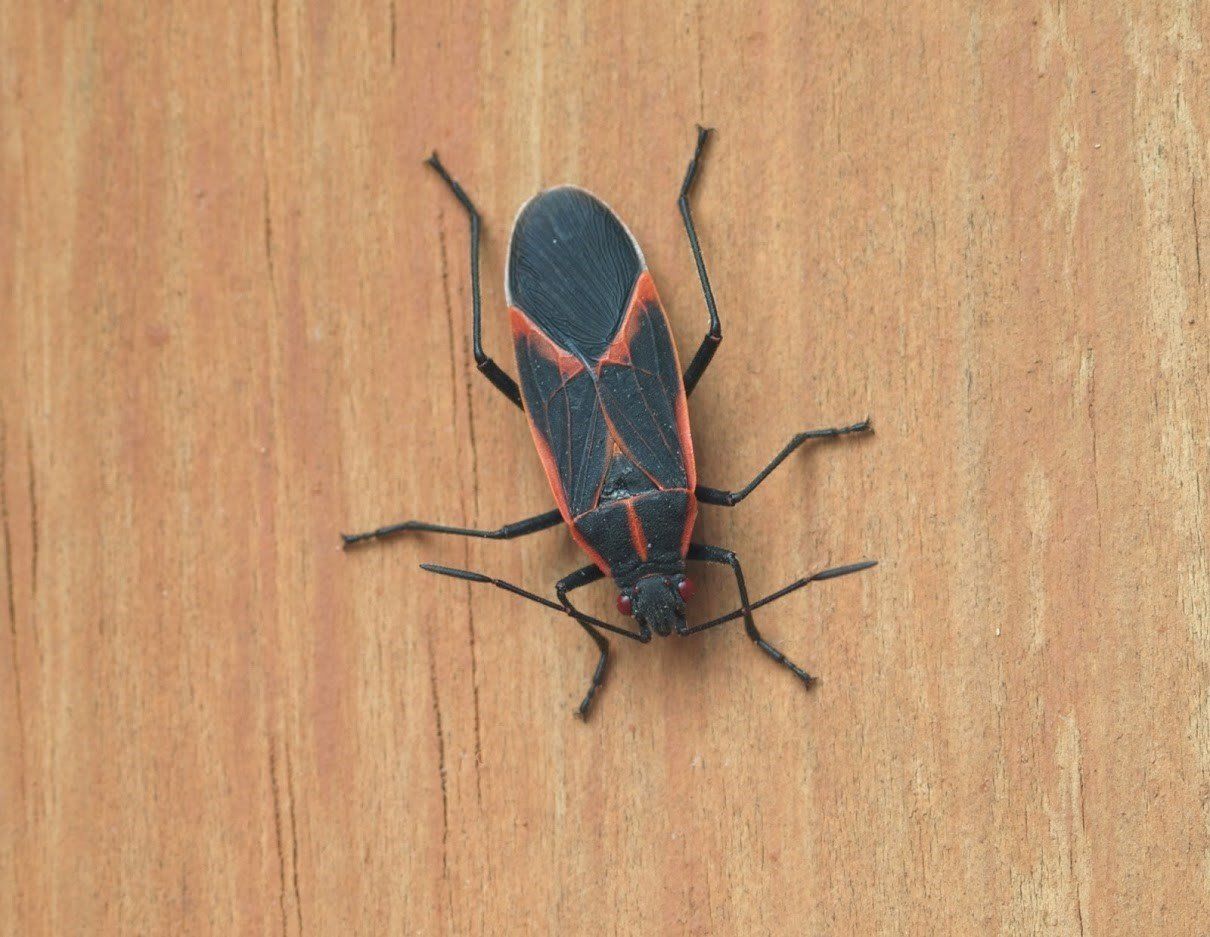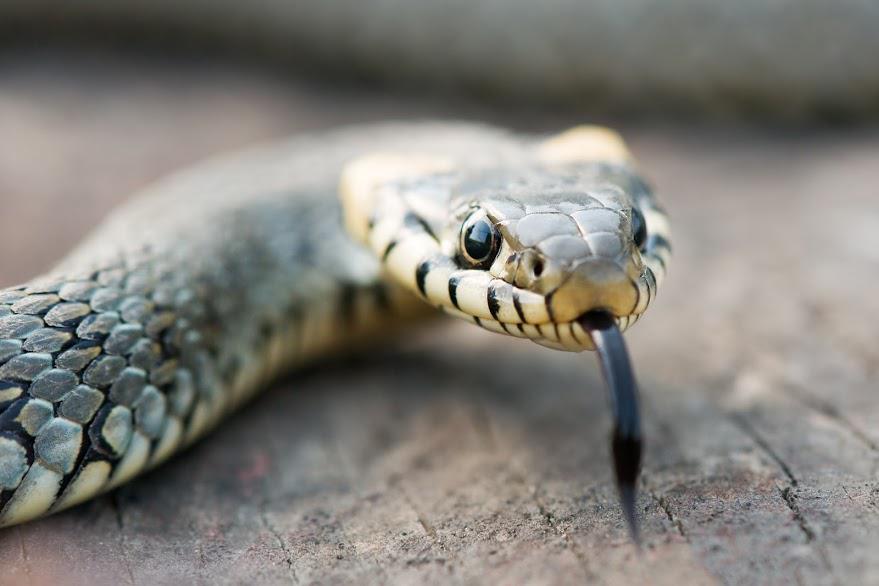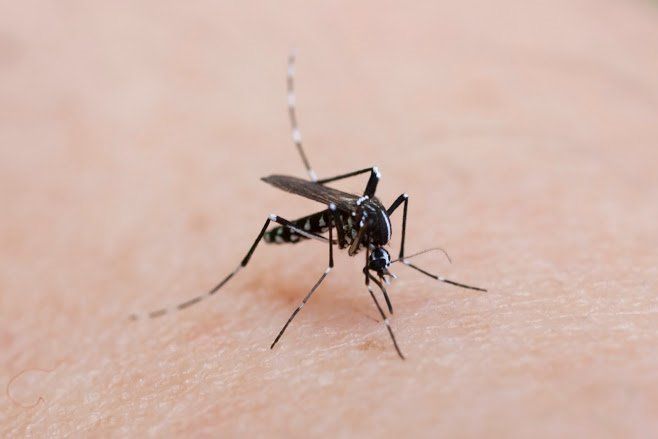What to Know About Fleas
websitebuilder • August 2, 2019

If you have pets, you probably have seen a flea or two crawling on them. Fleas are common parasites that attack mammals, especially cats and dogs. When fleas bite your pet or you, it can result in itching, but some fleas can cause more problems, such as spreading disease. If you would like to know more about fleas and how they can affect you, your pet, and your health, keep reading.
They Can Spread Disease
Fleas can spread disease, infection, and parasites to your pet and you. Your pet may suffer from tapeworms, heartworms, and other types of internal parasites due to fleabites. Some pets suffer from flea allergy dermatitis, which results in itchy skin. Pets may also develop hemotropic mycoplasmosis, which breaks down red blood cells and can lead to anemia.
If these fleas carry disease, and they get on you, they can infect you, too. You can also get tapeworms if you ingest an affected flea. Cats may also carry murine typhus from fleas, which can be passed to humans. Other diseases that humans can catch from fleas (or animals infected by fleas) include cat scratch disease.
Flea Medication Doesn't Always Work
Oral and topical flea medications (as well as collars) are sold at pet stores everywhere to help fight flea infestations. Unfortunately, some medications are less effective than others. This happens when too many people start buying the same solution. The fleas become immune. For this reason, it's better to buy the newer flea-killing products.
Even if you get a great flea medicine, however, it may not kill the fleas at every stage of their life cycle. Fleas start as eggs and go through a larva and pupa phase before becoming adult fleas. A lot of flea medicine only kills the adult fleas. As long as you keep up on the medication, however, you should be able to keep killing the adult fleas as they are produced.
They Aren't Just on Your Pet
If you always keep your pet flea-free, you probably don't have many fleas hiding in your home. However, if your pet has recently had an infestation of fleas, treating them isn't the only step. Fleas can survive in other locations. In fact, you may have fleas, eggs, or pupas hiding in your carpet or bedding.
Fleas can survive up to two weeks without eating, and they can alter their life cycle to stay in their cocoon for up to a year while they wait for good meals to start coming along again.
Fleas Jump Onto You
Even if you don't have pets, you can bring fleas into your home because they hitch a ride on you. Fleas are usually found on animals but they will eat any mammal's blood, including human. Therefore, a flea may not wait for a pet to come along; they may jump right onto you as you pass through the tall grass in your yard.
Fleas can actually jump 150 times their body length, so you may not even notice them before they jump onto you and hide in your clothes. Once inside your home, they can feed and start laying eggs, and a female flea can lay up to 50 eggs every day. If you are worried about fleas jumping on you, stay away from brush and long grass, which often hide fleas.
Fleas are a common pest, especially if you have pets. They can live a long time without eating, and they can alter their life cycle to better suit their environment. If you would like more information about fleas and other pests, or if you already have an infestation, contact us at Anteater Pest Control, Inc., today

Bats can be cute when you see them in nature, but inside your home, they are more than just a nuisance. Bats can carry deadly diseases, like rabies, which means that if you have a bat, you need to take steps immediately to solve the problem. Removal Options Removal is best left to a professional due to the risks involved. Single Bat A single bat may get into the house through an open window or the chimney. The good news is that this usually is a one-time event and you don't have an infestation. The best course of action is to remove pets and people from the room with the bat, open all of the windows in the room, and then close off the room so the bat can't get into the rest of the house. With luck, the bat will find a window and leave. If you must handle the bat, wear gloves and do not touch the bat directly. The safest option is to call in a pest service if the bat doesn't leave on its own. Roosting Colony Sometimes your home provides the perfect place for daytime roosting. Little-used attics are most at risk, but bats may also colonize crawlspaces, spaces in your walls, or outbuildings. You should not try to remove an entire colony of bats on your own. A pest professional that is aware of local and federal wildlife laws should be called in to trap and remove the bats. Prevention Tactics Once you are free of the bats, your next step is to ensure that they cannot return. Exclusion If a bat can't get into your home, you can't have a bat problem — which is why exclusion is your main goal. Your pest service will inspect your home and find the likely entry points that the bats are using. You can also watch your home during the twilight hours to find where the bats are emerging. Once you know the likely entry points and have had all bats removed from the house, you can seal up the openings so the bats can't regain access to your home. Alternative Dwellings If you live in an area with a high bat population or would simply like to keep these beneficial insect-eaters nearby, then providing alternative dwelling options can be just the ticket for diverting bats away from your home. You can buy or build simple bat boxes. These boxes are typically attached to trees or poles to provide a more attractive roosting space for the bats. Cleanup Safety Bats are not clean animals. If a bat has been roosting in your home, then you will have droppings (called guano) and urine to deal with. Guano Sanitation Bat guano can carry histoplasmosis, a fungal spore that can cause a chronic respiratory disease. If you must try to clean up on your own, you need to cover all of your skin, wear gloves and eye protection, and use a respirator mask. All debris must be cleaned up and all surfaces must be sanitized with a bleach solution. Professionals will also use a HEPA vacuum, which has a strong filter that ensures none of the possible fungal pathogens remain in the air. Dead Bat Removal Extreme caution is necessary if there are dead bats in your home. Conditions like rabies can still be transmitted from dead animals. Wear gloves and do not touch the bat directly if you attempt to remove it yourself. The area where the bat was found must also be completely sanitized with a bleach solution. For more assistance with a bat in the home, contact Anteater Pest Control, Inc.









